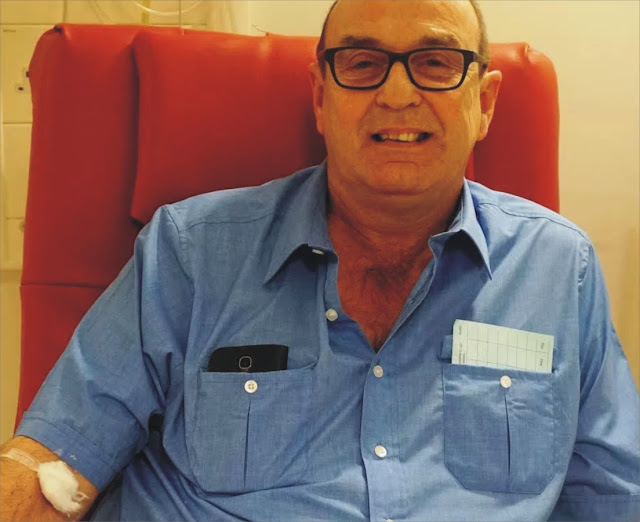
Good news for HIV positive patients, as they can live up to 78 with ART
A new study has shown how young HIV-positive patients being
given the latest treatments can now live a "near-normal" life
expectancy.
This latest useful information was disclosed in The Lancet,
a medical journal written by scientists saying that a 20-year-old who starts
antiretroviral treatment (ART) from 2010 can now live up to 78 years as any
other person.
Though the patient would have died about 10 years younger if
they had started the treatment in 1995, says the report.
Speaking with Sky News, Professor Jonathan Stern who
co-authored the study stated that recent medical advances signifies that an HIV
patient "taking one pill every day could expect near-normal life
expectancy".
Prof Sterne also looked ahead to the prospect of eventually
eradicating the virus completely, saying: "People who are treated are no
longer infectious, or far less likely to transmit their HIV" when they are
taking ART.
However, ART, a blend of three or more drugs that block the
virus from reproducing and help repair the damaged immune system, need to be
taken for life.
The ART drugs were widely announced 20 years ago which
brought about a dramatic and instant reductions in the number of deaths linked
to HIV, which can lead to AIDS if left untreated.
He further that
efforts being made to destigmatising the disease played a major part in people
seeking help, as well as increasing the quality of life for those living with
HIV.
One major example, was that of the 'Diana moment' in 1987,
when Princess Diana held the hand of an AIDS patient in pictures that were
broadcast across the world, was an early first step in removing the stigma
associated with HIV.
The report also stated that despite the impressive
treatments recorded so far, the life expectancy rate of those who got the virus
via drugs does not improve as much as in other groups.
Nevertheless, putting into account all age groups, the life
expectancy for patients remains lower than the general population.




























